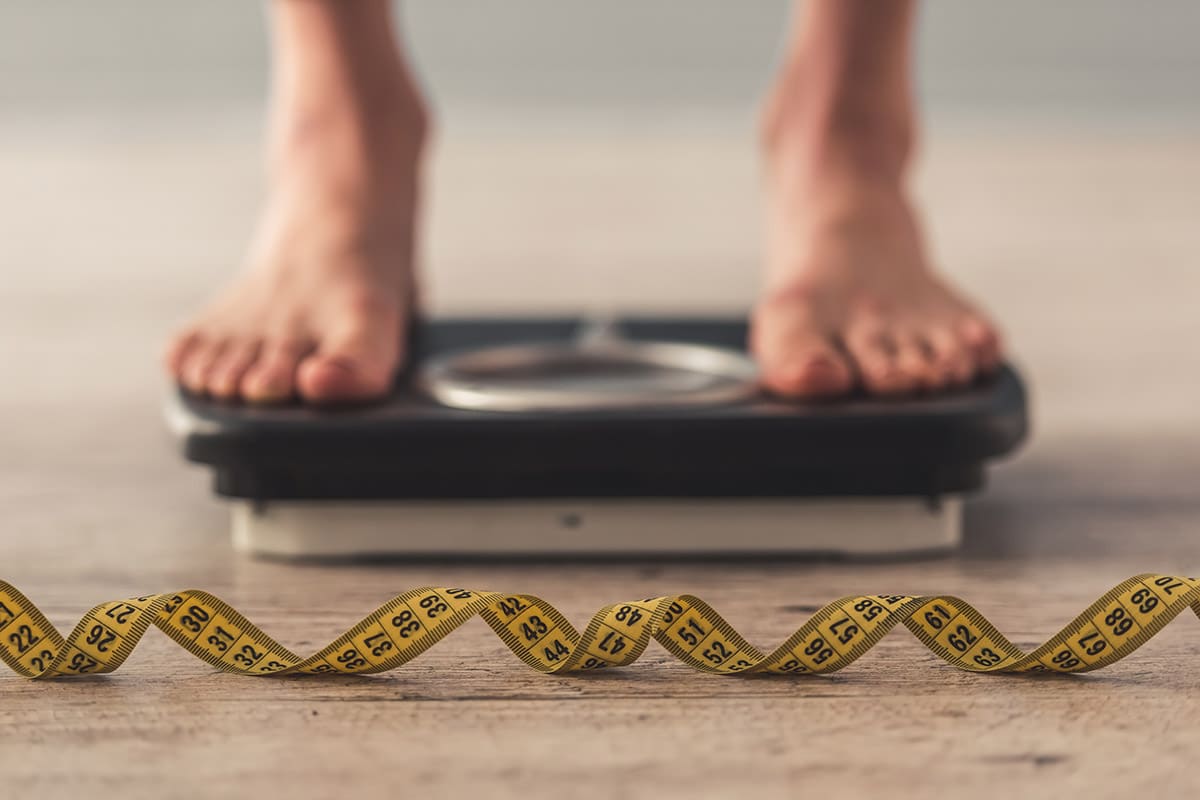Globally, over one billion adults struggle with being overweight. About 300 million of them are considered clinically obese. Many of them are taking steps to live more active, healthy lifestyles.
As we all know, the foundation of weight loss is a healthy, balanced diet in conjunction with physical activity. The goal is to burn fat and lose weight, but have you ever wondered where the fat we are working so hard to get rid of actually goes? You’ll probably be surprised when you hear the answer.
First of all, how do we burn fat? Making sure that you get enough sleep, drink plenty of water, make good food choices, reduce your caloric intake, eat smaller portions, and exercise regularly are all great ways to do it. In addition to all of these options, walking burns about 300-400 calories per hour, running burns approximately 600 calories per hour, and cycling burns around 600 calories per hour. There are also other ways to help encourage your body to burn fat.
Many people believe that fat metabolites are disposed of via solids (aka feces) or are somehow magically converted into muscle. Both of which are untrue and are common misconceptions about weight loss. When you metabolize fat, you are left with carbon dioxide, water, and energy. The small amount of water left from metabolizing fat could potentially be disposed of through sweat, urine, or other bodily fluids. However, most fat leaves your body through exhaling carbon dioxide, over 80% of it to be exact.
You read that right. You literally breathe the fat away through your respiratory system. Deep breathing increases oxygen levels in the body and this extra supply of oxygen aids in burning off the excess fat deposits. It is important to note that hyperventilating by itself will not accelerate fat loss. It has to be combined with physical activity to work. In other words, breathing is the vehicle for fat loss, but it is not the fuel. You won’t be exhaling any metabolized fat cells unless you do the work and burn them first, which is done by exercising and following a balanced, healthy diet.
